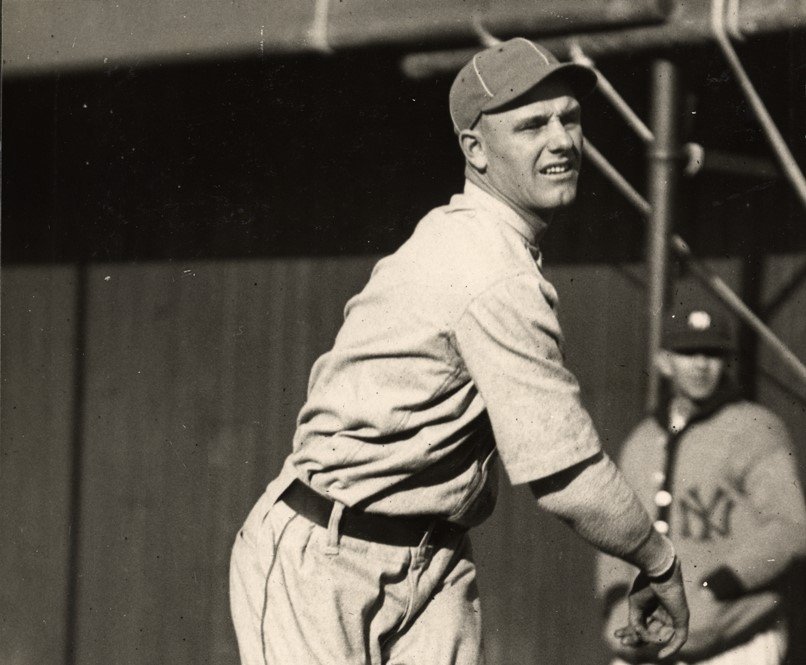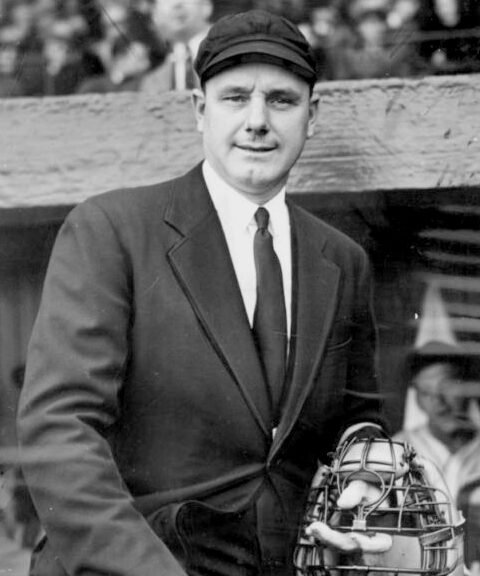What’s another inning … or two … or 17
For the first three months of the 1932 season, right-hander Eddie Rommel works out of the Philadelphia Athletics’ bullpen.
At 34, he is in his 13th and final season in the major leagues. He already has done his bit for A’s manager Connie Mack. The whole gamut. Starter. Reliever. Twenty-game winner. Twenty-game loser. World Series winner. World Series loser. And, at this point, nearly 2,500 innings and 11,000 batters faced.
The 1932 season is going to be Rommel’s last in the majors and working out of the bullpen seems like a nice, quiet way to make his exit.
In his first 11 appearances that season, Rommel works a total of 21 and one-third innings with five of those innings coming over the previous two days on July 8 and 9 in Philadelphia against the Chicago White Sox.
Since Rommel effortlessly throws the knuckleball – that fluttering pitch that hardly taxes the arm – Mack brings him along on a road trip that begins the next day in Cleveland.
The lack of wear and tear on Rommel’s arm allows the forever bean-counting Mack to leave home most of his pitchers. Hey, in Mack’s mind, why waste money on train fares for pitchers he is not planning to use.
Besides, Mack is planning to use a right-hander named Lew Krausse for the first game of the Cleveland series. Krausse is 20 years old, which puts him at just shy of 8 when Rommel pitches his first game for Mack in 1920.
Now, on this date in 1932, Mack expects Krausse to pitch most, if not all, of the game against Cleveland at League Park.
Turns out Krausse allows three runs before recording an out in the first inning.
There is no second inning for him.
And, with no one else in the bullpen, Mack again turns to Rommel.
How bad can it be, right? Games back then last only for a couple of hours, hardly enough time to wear out the knuckleball-happy Rommel.
Only this game lasts for four hours. Ends up going 18 innings. Rommel ends up going the final 17 of those innings, allowing an astoundingly bad 14 runs on 29 hits and nine walks before the A’s outlast Cleveland 18-17.
Rommel’s rocky performance is balanced out by the robust one turned in from A’s first baseman Jimmie Foxx, who goes 6-for-9 against Cleveland with three homers and eight runs batted in.
In the end, Rommel is credited with the victory, the last of his 171 in the majors.
He also does not pitch again for another 41 days.
Rommel spends the next two seasons on Mack’s coaching staff. He then becomes an American League umpire in 1938, spending the next 22 seasons calling balls and strikes against his former team.

